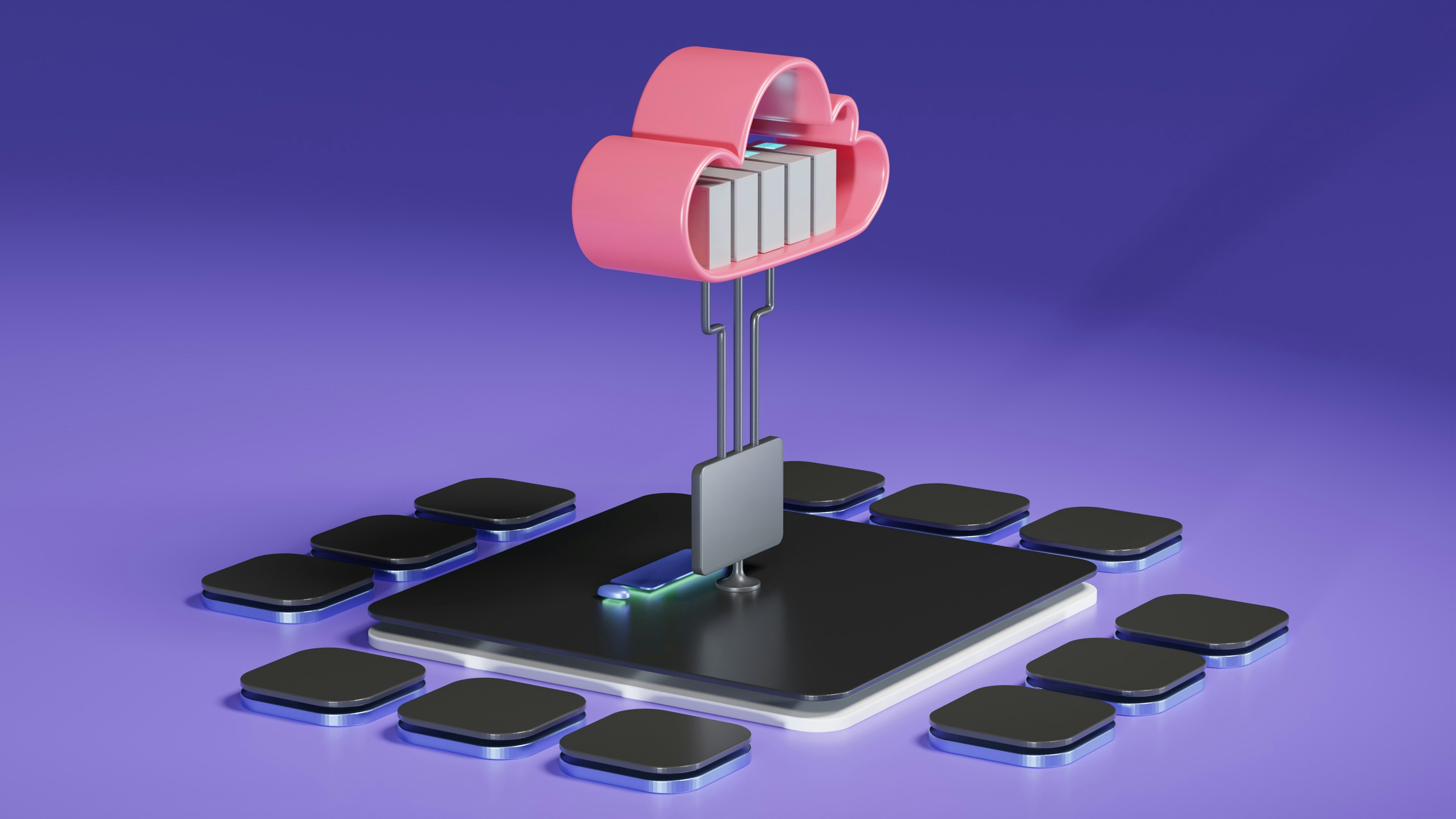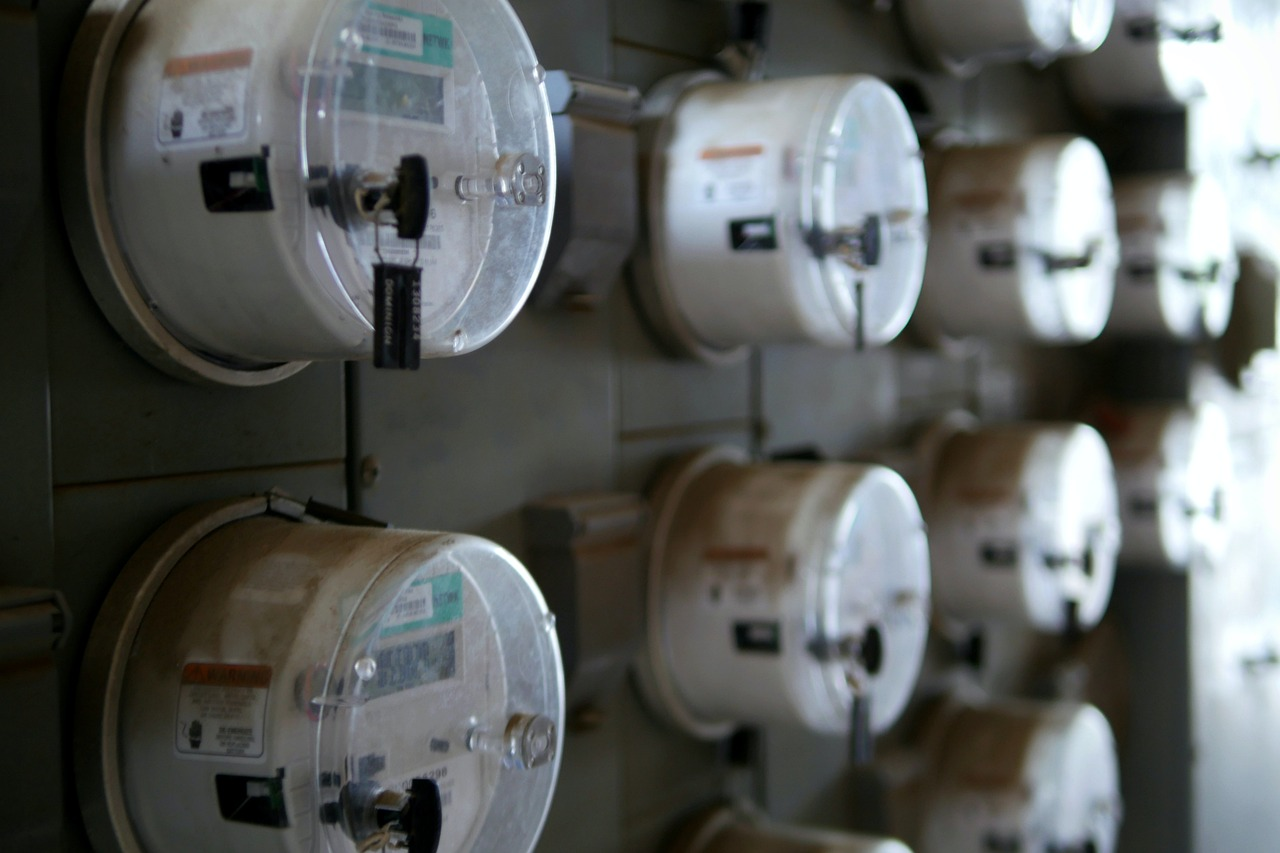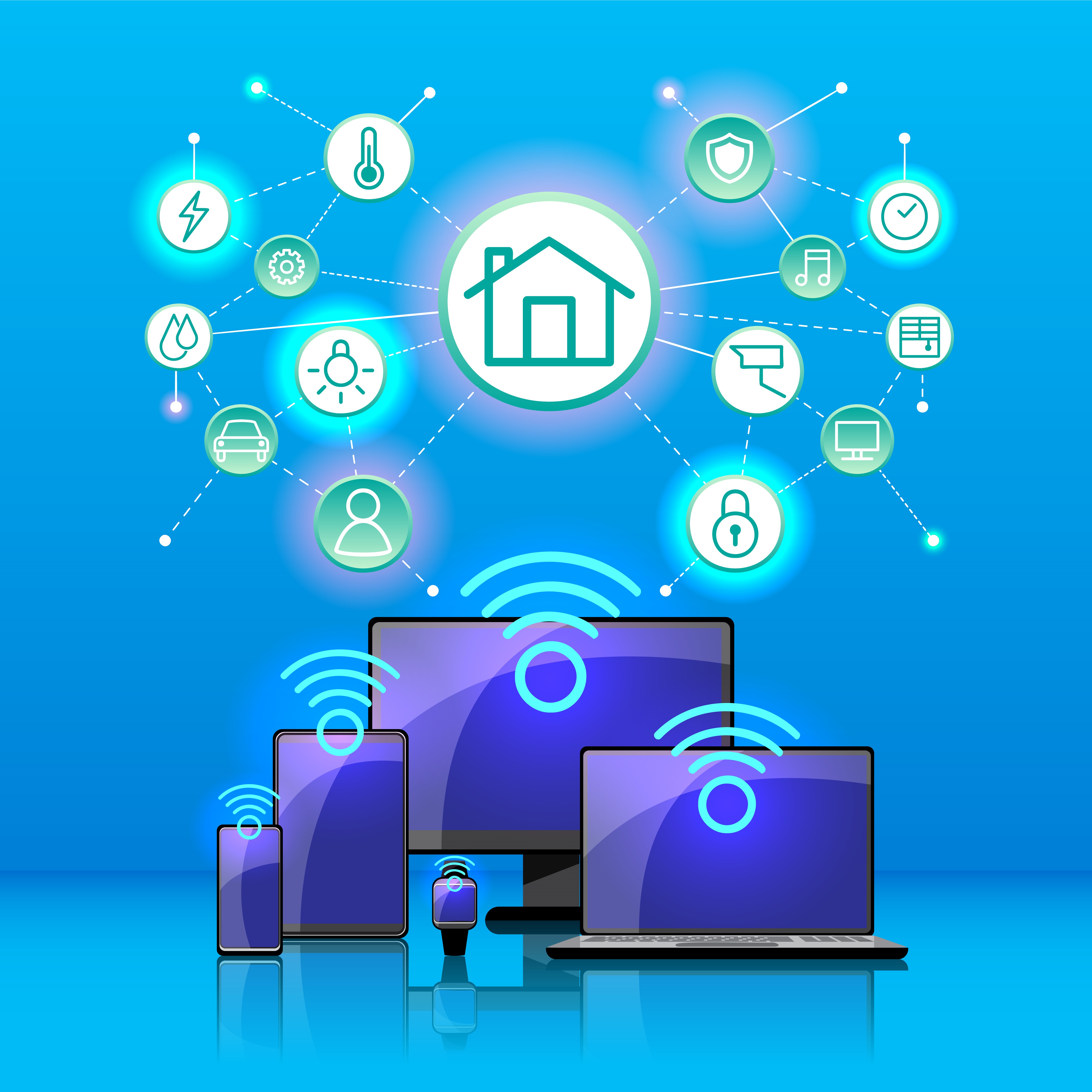How IoT is Transforming Supply Chain Management: Real-World Benefits and Use Cases
-
May 26, 2025
-
6 min read

The Internet of Things (IoT) is reshaping the supply chain landscape, enabling businesses to optimise logistics, enhance visibility, and drive operational efficiency. By connecting devices, sensors, and systems across the supply chain, IoT supply chain management solutions provide insights that help companies make informed decisions, reduce costs, and improve customer satisfaction. In this article, we’ll explore the key benefits of IoT in supply chain optimisation and examine real-world use cases that demonstrate its transformative potential.
Enhanced Visibility and Traceability
One of the most significant advantages of IoT supply chain management is the enhanced visibility it provides. IoT-enabled sensors and trackers offer insights into the location and condition of goods throughout the supply chain. This transparency allows businesses to monitor shipments, identify bottlenecks, and proactively address potential delays.
For example, DHL leverages IoT sensors to monitor temperature and humidity in its cold-chain logistics operations. By ensuring optimal conditions for perishable goods like vaccines, DHL minimises spoilage and guarantees product quality upon delivery.
Improved Inventory Management
IoT technology also revolutionises inventory management. Smart shelves, RFID tags, and warehouse sensors enable tracking of stock levels, reducing the risk of stockouts and overstocking. Automated reordering based on IoT data minimises manual errors and optimises inventory costs.
Coca-Cola, for instance, uses IoT to monitor vending machines and refrigerators. By analysing demand patterns and inventory levels, the company can forecast demand accurately and replenish stock efficiently, ensuring a seamless customer experience.
Predictive Maintenance for Reduced Downtime
IoT supply chain management solutions enable predictive maintenance by monitoring the condition of machinery and fleet vehicles. Sensors detect anomalies and predict potential failures, allowing businesses to schedule maintenance proactively. This approach reduces unexpected downtime, extends equipment lifespan, and lowers overall maintenance costs.
Caterpillar, a leading manufacturer of construction and mining equipment, employs IoT to monitor the health of its machinery. By analysing data from sensors, Caterpillar can identify issues before they escalate, minimising downtime and maximising equipment availability.
Optimized Logistics and Fleet Management
IoT technology helps optimise routes, reduce fuel consumption, and improve driver safety. Obtaining data on traffic conditions, weather patterns, and vehicle performance enables logistics managers to make informed decisions and adapt to changing circumstances.
FedEx, a global logistics giant, harnesses IoT to create cost-effective shipping routes based on analytics from its fleet. By optimising routes and minimising idle time, FedEx reduces fuel costs and improves delivery efficiency.
Real-World IoT Use Cases in Supply Chain Management
To better understand the transformative power of IoT supply chain management, let’s examine some real-world use cases:
- Amazon’s Robotic Warehousing: Amazon employs IoT and robotics to streamline warehouse operations. Automated systems handle tasks like stocking, packaging, and inventory tracking, enhancing safety and efficiency. Upto-date data analytics drive continuous process improvements and cost reductions.
- Maersk’s Remote Container Management: Maersk, a global shipping company, utilises IoT-enabled Remote Container Management (RCM) to monitor its fleet of refrigerated containers. Sensors track temperature and humidity, ensuring optimal conditions for perishable goods. This proactive approach using IoT fleet tracking solutions reduces inspection times and guarantees product quality upon arrival.
- Aker’s Crop Surveillance: Aker, an agricultural technology company, leverages IoT and drones to monitor crop health. By collecting up-to-date data on soil moisture, nutrient levels, and pest infestations, Aker helps farmers optimise crop yields and prevent production losses, improving supply chain efficiency for raw materials.
Challenges and Considerations
While IoT supply chain management offers numerous benefits, businesses must also navigate certain challenges:
- High Implementation Costs: Setting up IoT infrastructure, including sensors, gateways, and software platforms, requires significant upfront investment. Companies need to carefully evaluate the return on investment (ROI) and align IoT initiatives with their long-term business goals.
- Data Security and Privacy: IoT systems generate vast amounts of sensitive data, making them attractive targets for cyber threats. Robust security measures, including encryption, access controls, and regular security audits, are essential to protect supply chain data from unauthorised access and breaches.
- Integration with Legacy Systems: Integrating IoT connectivity solutions with existing supply chain management systems can be complex. Businesses need to ensure seamless data exchange and interoperability between IoT devices and legacy software to realise the full potential of IoT supply chain management.
The Future of IoT in Supply Chain Optimisation
As IoT technology continues to evolve, its impact on supply chain management will only grow. Here are some emerging trends shaping the future of IoT supply chain management:
- AI-Powered Analytics: The convergence of IoT and artificial intelligence (AI) will enable advanced analytics and predictive capabilities. AI algorithms can process vast amounts of IoT data to uncover hidden patterns, optimise decision-making, and automate complex supply chain processes.
- 5G Connectivity: The rollout of 5G networks will enhance IoT capabilities by providing faster, more reliable, and low-latency connectivity. 5G will enable near real-time data transmission, enabling businesses to make split-second decisions and respond to supply chain disruptions promptly.
- Blockchain Integration: Combining IoT with blockchain technology can enhance supply chain transparency and traceability. By recording IoT data on an immutable blockchain ledger, businesses can establish trust, prevent counterfeiting, and streamline compliance with regulations.
Airtel IoT SuperTracker: Transforming Supply Chains in India
Airtel’s IoT solutions, particularly its IoT SuperTracker, are revolutionising IoT supply chain management in India by providing cutting-edge tracking and monitoring capabilities. The IoT SuperTracker offers cost-effective GSM-based tracking, extended battery life, and asset visibility, making it an ideal solution for businesses of all sizes.
Key features of the Airtel IoT SuperTracker include:
- Cost-effectiveness: Three times more economical than traditional GPS trackers
- Extended battery life: Operates for up to 192 days, reducing maintenance efforts
- Near real-time visibility: Geofencing and alerts for unauthorized movements enhance asset security
- Route optimization: Records shipment journeys for analysis and optimization
- Seamless integration: Integrates with existing logistics systems for a unified supply chain view
The Airtel IoT SuperTracker is widely adopted by logistics firms in India for tracking high-value shipments, managing fleets, and ensuring compliance with regulatory requirements. Its geofencing capabilities and predictive analytics are particularly valuable for managing time-sensitive goods like pharmaceuticals and perishables.
Conclusion
The integration of IoT into supply chain management is driving a paradigm shift in logistics and operations. By leveraging near real-time data and connectivity, businesses can optimise processes, reduce costs, and improve customer satisfaction. From enhanced visibility and predictive maintenance to optimised inventory management and fleet optimisation, IoT supply chain management solutions offer a wealth of benefits.
For businesses in India looking to leverage the power of IoT, Airtel’s IoT SuperTracker is a game-changer. With its cost-effectiveness, up-to-date tracking capabilities, and seamless integration, it’s helping companies of all sizes optimise their supply chains and stay ahead of the curve.
Embrace the power of IoT and unlock new possibilities for your supply chain. The future of logistics is connected, intelligent, and optimised—and it starts with IoT supply chain management.
 Share
Share









